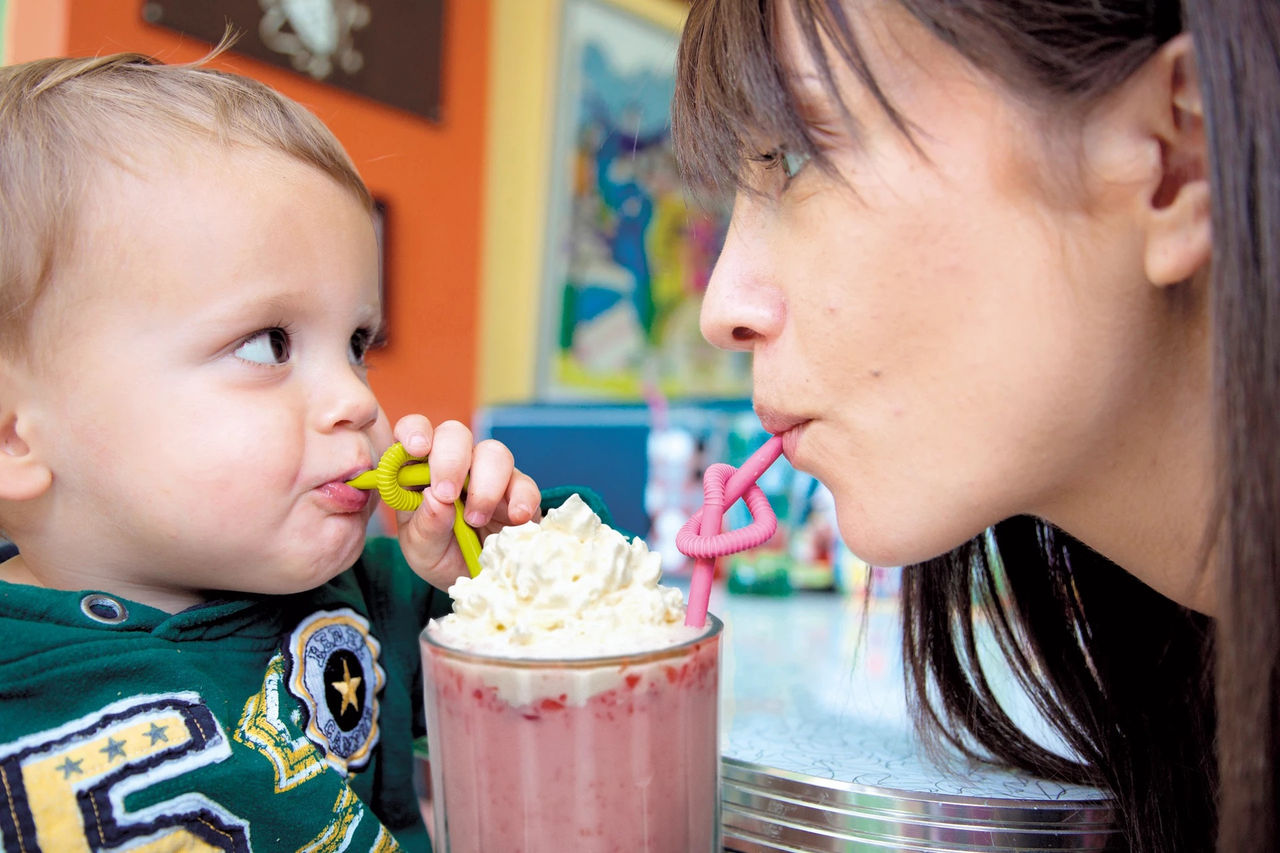Our specialist baby advisors and experienced mums are here to talk and ready to help whenever you need them.
Top Reads
More in toddler feeding
Toddler topic
Any more questions?
Ask us a question (8am - 8pm Mon-Fri, 10am - 5pm Weekends)
Email us
Send us an email (8am-8pm Mon-Fri, 10am-5pm Sat)
Call Us
Call us on 1800 570 570 (8am-8pm Mon-Fri, 10-5pm Sat)
FAQs
For all the latest information









